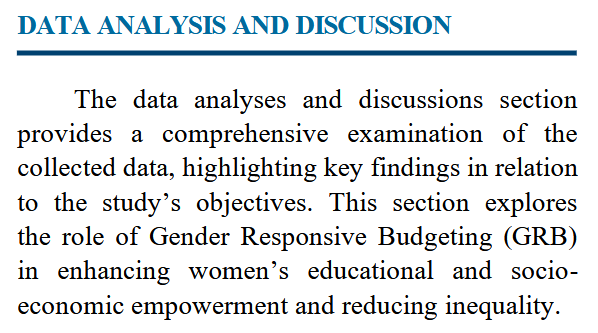Gender Responsive Budgeting for Women Empowerment and Social Inclusion in Nigeria
DOI:
https://doi.org/10.23917/reaksi.v9i2.6075Keywords:
Gender Responsive Budgeting, Women Empowerment, Social InclusionAbstract
This study aimed to assess the relevance of sex-disaggregated budget information in reducing gender inequality and poverty among women in Nigeria, focusing on Gender Responsive Budgeting (GRB) and its impact on women's educational and socio-economic empowerment, as well as its potential to enhance inclusiveness and peaceful co-existence. Using a qualitative methods approach, the research involved qualitative interviews with key stakeholders. Findings revealed that while efforts to integrate gender considerations into public budgets have been made, significant gaps remain in achieving full gender responsiveness. Budget allocations for critical sectors such as education, health, and social welfare showed improvements but were often insufficient, especially in rural areas. In terms of socio-economic empowerment, GRB facilitated women's access to vocational training, microfinance, and entrepreneurship support, leading to improved economic independence and household incomes. The study concludes that for GRB to be more effective, there needs to be stronger political commitment, enhanced capacity building, increased budget allocations for critical sectors, community engagement, improved infrastructure, and robust data collection.

Submitted
Accepted
Published
Issue
Section
License
Copyright (c) 2024 Riset Akuntansi dan Keuangan Indonesia

This work is licensed under a Creative Commons Attribution-NonCommercial-ShareAlike 4.0 International License.



















